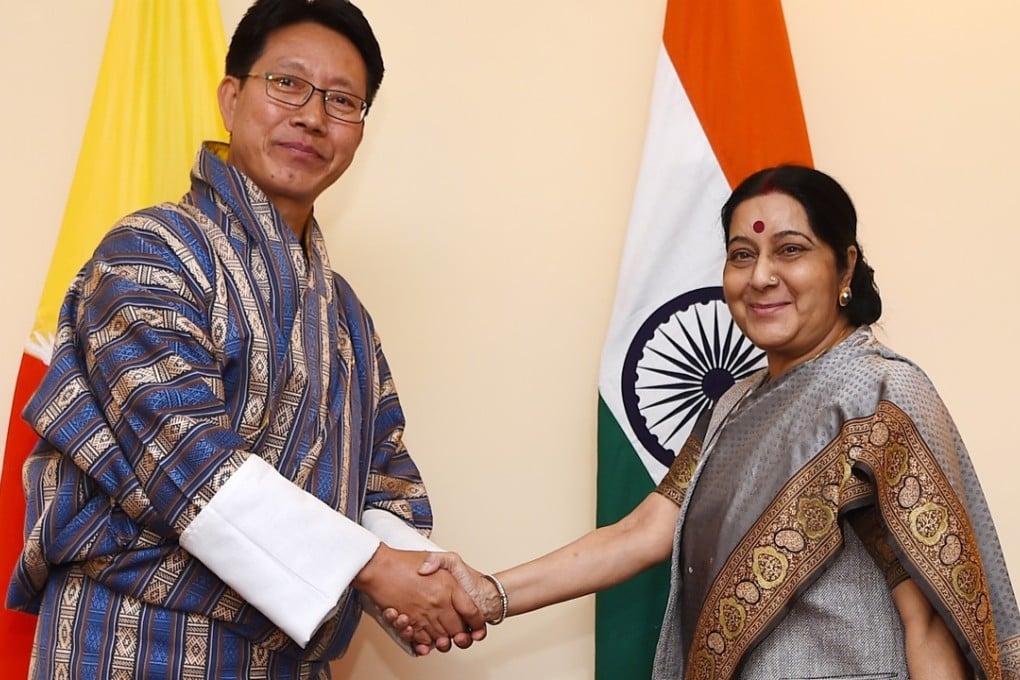India must find a face-saving pretext and withdraw from Doklam
Wangcha Sangey says Delhi’s interference in the border talks between Bhutan and China was intended to assert control over Bhutan. Having failed, it must pull back its troops, and leave the other two to conclude their talks

India has to withdraw from Doklam. There is no alternative. War is neither a wise nor affordable choice.
The so-called “chicken neck” – the narrow valley that links India’s mainland with its northeast, and the apparent reason for its intervention in the Doklam row – was not and is not in any security danger.
The two countries that have claims over the disputed border in Doklam are Bhutan and China. Bhutan never wanted India to interfere with the Sino-Bhutan border talks. Indeed, Bhutan has never considered itself a “protectorate state”, neither of British Raj India nor the Republic of India.
India must stop trampling on Bhutan’s sovereignty
The 1949 treaty between Bhutan and India was simply a copy of the 1865 Sinchula treaty, imposed on Bhutan by a better-armed British India. At that time, Bhutan was following an isolationist policy and external affairs were irrelevant. Under the Sinchula treaty, British India took away some territories of Bhutan, including the “chicken neck”, in exchange for an annual cash payment to Bhutan to compensate for its lost revenue in taxes. Bhutan had to be content with that.
Over the years, however, Bhutan has become more open to the world.
Bhutan is not anti-India; it simply wants to close the border deal with China and have a proper relationship with China
In 1971, Bhutan became a member of the United Nations of its own free will – not under any advice from India. Before that, in 1962, Bhutan had joined the Colombo Plan – again with no advice from India. That year, Bhutan was invited to attend the committee meeting in Melbourne, Australia, as an observer. But the head of Bhutan’s delegation to the meeting, Ashi Tashi Dorji, the sister of then prime minister Jigme Palden Dorji, represented Bhutanese interests so well that Bhutan was invited to become a full member there and then.
In line with these developments, in 2007, Bhutan and India revised their 1949 treaty and removed two clauses: one, that Bhutan foreign affairs would no longer be guided by India, and two, that India no longer has to make an annual payment to Bhutan. Thus, India agreed to refrain from interfering in Bhutan’s foreign affairs, and Bhutan absolved India from the annuity payment.